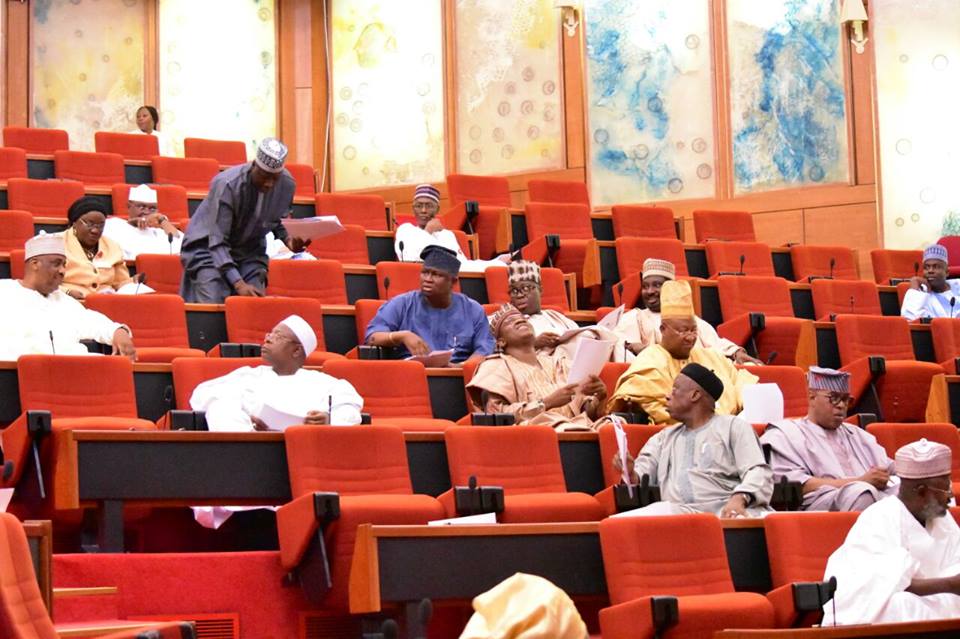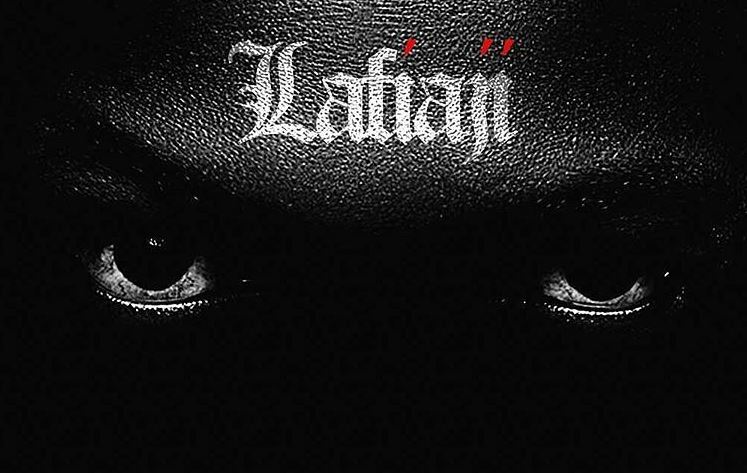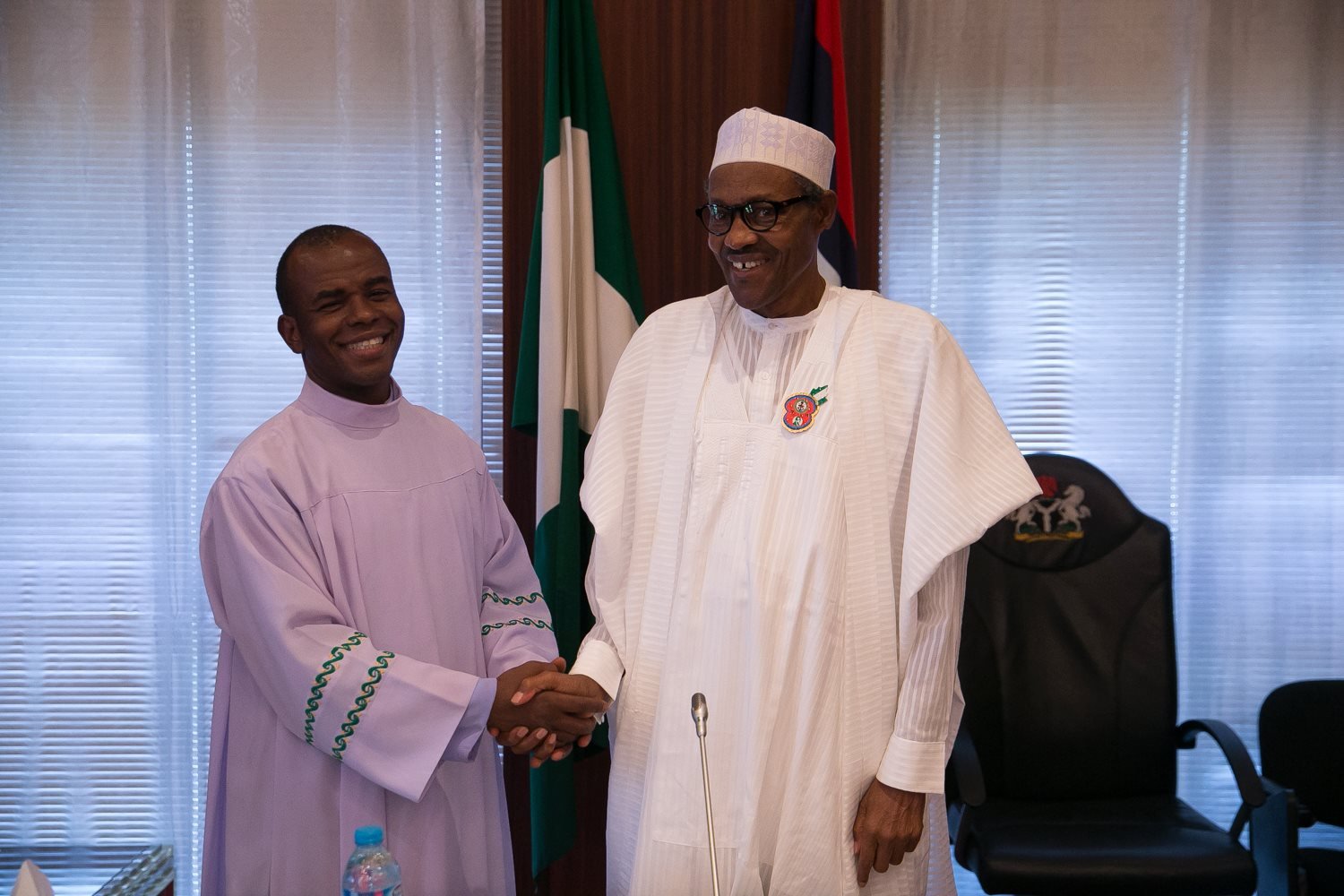In 2016, some legislators in the eighth national assembly sponsored bills that got majority of Nigerians talking.
Some Nigerians are of the opinion that some these bills sponsored in parliament were being used to achieve “selfish purposes” either to the advantage of the executive or the legislature.
But whatever these controversial pieces of legislation sought to achieve, they put the national assembly in bad light.
CODE OF CONDUCT BUREAU (CCB) BILL
Advertisement
Both legislative chambers of the national assembly passed same amendments to the Code of Conduct Bureau (CCB) Act in 2016.
The house of representatives passed 14 amendments to the Act stripping the president of his powers to control the CCB in May, and the senate concurred in October.
At the time the lower legislative chamber passed the senate amendment, the trial of Bukola Saraki, president of the senate, at the Code of Conduct Tribunal (CCT) was in top gear.
Advertisement
Saraki is on trial for alleged false declaration of assets.
The legislature received backlash for the amendments to CCB Act, which lots of Nigerians saw as a way of frustrating President Muhammadu Buhari’s fight against corruption.
Still, a move by Femi Gbajabiamila, majority leader of the house, to revisit the amendment was rejected by the majority of the lower legislative chamber when it was put to a voice vote.
Gbajabiamila had described the amendment of the Act as an “error” and an “unconstitutional” action.
Advertisement
CHRISTIAN COURT BILL
The house of representatives passed a bill seeking to alter the 1999 constitution to provide for the establishment of an Ecclesiastical court of appeal.
“This will take care of the appointment of cardinals; the jurisdiction of this appellate court will supervise ecclesiastical matters in Christian law,” Gyang Dung, sponsor of the bill, said.
“This amendment will widen the scope of jurisdiction and adjudication in the country.”
Advertisement
Majority of Nigerians criticised the bill, saying that the country is a secular state and there is no need for such courts.
However, others saw it as a way to further legalise the sharia legal system in Nigeria.
Advertisement
IMMUNITY CLAUSE
In July, the lower legislative chamber passed an amendment to alter Section 308 of the Nigerian constitution to make a provision for the national assembly leadership to enjoy immunity while in office.
Advertisement
Leo Ogor, sponsor of the bill who also doubles as the minority leader of the house, argued that if this was done, the independence of the legislature would be guaranteed.
After Ogor moved for the bill to be read the second time, Gbajabiamila rose to oppose him.
Advertisement
“We must feel the pulse of the people; there is something about timing, timing in any piece of legislation is important, there are issues in the senate and I pray it’s resolved” he had said, referring to Saraki’s CCT trial.
This however threw the house into a rowdy session, which lasted for several minutes, after which the bill passed when it was put to a vote.
Again, Nigerians saw the passage of this amendment as a way of protecting Saraki and also a way of encouraging corruption in the country.
GENDER EQUALITY BILL
The national assembly, particularly the upper legislative chamber, drew the anger of Nigerians when it rejected the bill on gender equality in marriage.
Abiodun Olujimi, sponsor of the bill and a senator from Ekiti state, had argued that the legislation sought equal rights for women in marriage, education and job.
The senator explained that with the gender bill in place, a widow would automatically become the custodian of children in the event of the death of her husband, and would also inherit his property.
This got a stiff reaction from the senators, mostly those from the north. They argued that it was in conflict with the constitution and that it negates the principles of the Sharia law.
By the time the bill was put to vote by Saraki, it was thrown out, as the “nays” had it.
After protracted protests by civil society organisations, the bill was reintroduced with some amendments before it was finally passed.
LOCAL GOVERNMENT AUTONOMY BILL
Recently, former vice president Abubakar Atiku began his campaign for a “fiscal federalism” where resources would be controlled by the states and local governments, taking away the powers from the centre.
He said the current “unitary federalism” had not worked for the country, as it was still largely undeveloped.
Atiku further argued that the states were longer “federating units” because the central government had monopolised the country’s powers and resources.
However, Yakubu Dogara, speaker of the house of the house of representatives, has been an advocate local government autonomy.
He said if this autonomy was granted to the local governments, the needed development would be seen at the grassroots.
While some Nigerians see the autonomy to the local government as way of fostering corruption, others say it may bring about the needed development at the local level.
The aforementioned bills were referred to the special ad hoc committees on the review of the 1999 constitution in both legislative chambers of the national assembly.
Whether these amendments see the light of day is another topic entirely, as the committees begun work on the fourth alteration of the constitution only recently.
Add a comment







